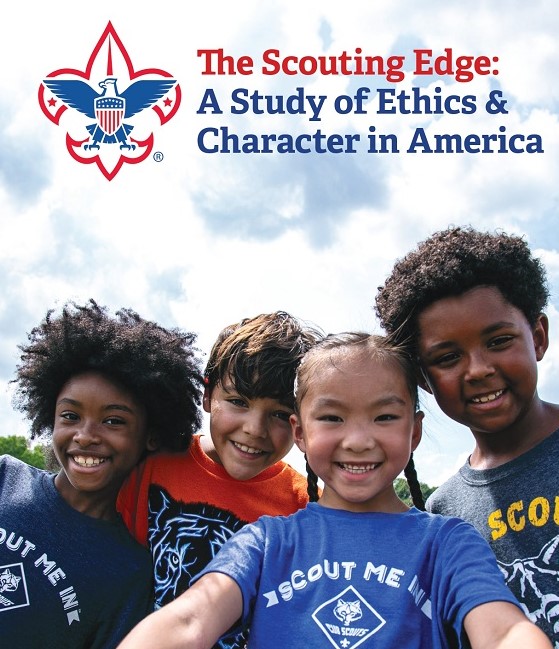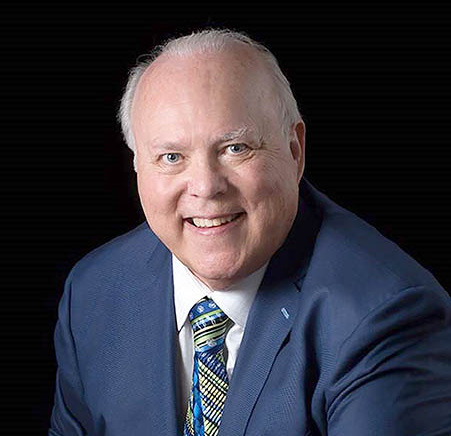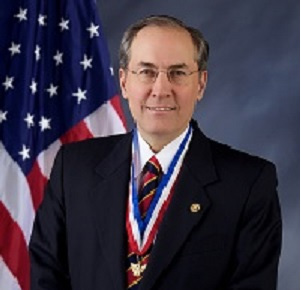The Scouting Edge: A Study in Ethics and Character in America was conducted by Scouting America in partnership with the Harris Poll. This study delves into American’s ethical and character dimensions, comparing and contrasting Scouting vs. non-Scouting populations.
Key Findings
Americans report a wide satisfaction gap between their personal lives and the state of the country/world. Despite this, Americans express general pride in living in the USA, and several key ideals bind people together.
- Hard work is a shared “American” and “Personal” value.
- There is strong agreement that civic duties such as voting and fighting for our country are important – those who can do these … should.
- Americans are overwhelmingly positive about what lies ahead; at least 7 in 10 adults and youth share feelings of hopefulness, optimism, or excitement about their future.
- More than half of Americans report that the values instilled in them growing up match the current values of most Americans today.
- Parents play a critical role in instilling values in their children, leading to a strong consensus that older people should be respected.
- Reverence continues to be relevant to Americans today as more than 7 in 10 Americans claim a primary religion, although fewer report attending religious services regularly.
- A strong majority of Americans report a belief in God or a higher power, and they connect with something bigger than themselves.
- Selflessness and kindness towards others are celebrated and viewed as important components of being a good citizen.
The Scouting Edge…
The connection is clear between Scouting and the perception that Scouts and alumni act ethically and morally in their attitudes and behaviors. People who are Scouts as well as those who have never been Scouts believe that Scouts and Scouting alumni are more likely than their counterparts to act in ways that are described as ethical and moral. They believe that people with an affiliation to Scouting realize benefits beyond those who have never been in Scouting.
- Scouting alumni report teaching their children about values and ethics at an earlier age than their peers, and Scouts report learning about values and ethics from their parents at an earlier age than their peers.
- There is a strong link between Scouting and religion, as alumni and Scouts are more likely than their counterparts to indicate a primary religion, and alumni report attending religious services more frequently.
- Additionally, alumni and Scouts are more likely to indicate that “reverence” is both an American value and a personal value.
- Furthermore, alumni and Scouts express, in higher proportions than their counterparts, that voting in every election, volunteering time in the community, participating in youth-related organizations, and taking an active part in charitable organizations are somewhat to extremely important traits in being a good citizen.
- Scouts and alumni express a greater willingness, if necessary, to fight for their country.
- Scouts and alumni are more likely than their counterparts to identify negative behaviors as being “mostly” or “absolutely” wrong, including tossing out trash while driving, not declaring income to the IRS, exaggerating education/experience on a resume, or smoking cigarettes/vaping.
- Scouts and non-Scouts, alumni and non-alumni, agree that Scouting improves our country across a variety of vectors – in particular, they recognize the “somewhat” or “extremely” positive effects Scouting has on one’s leadership abilities and the competency to help others accomplish their goals.





